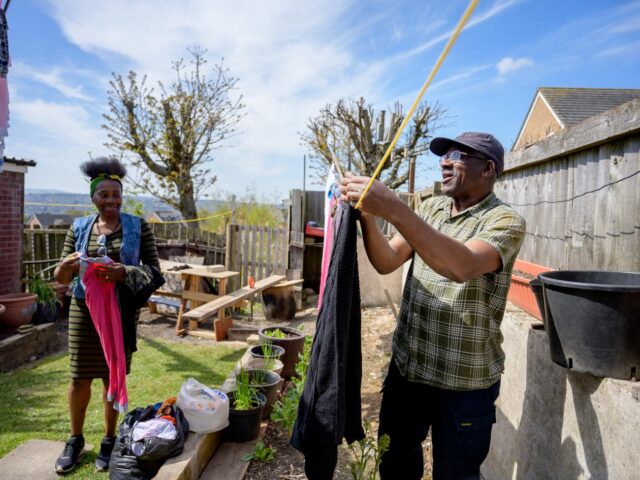Using data from the Understanding Society COVID-19 survey, researchers from the University of Glasgow and the University of Essex looked at changes in responses to the General Health Questionnaire (GHQ-12) from the pre-pandemic 2019 and early lockdown period between April and July 2020.
They found that unpaid carers who look after another member of their household have poorer mental health than the general population. GHQ-12 scores among home-carers were already higher before the pandemic, meaning that home-carers had poorer mental health pre-COVID-19. This analysis shows that during the lockdown mental health issues increased further for those caring for someone at home.
Key findings:
- Compared with respondents caring for a spouse/partner, those caring for a child under 18 had a particularly marked increase in GHQ-12 score between 2019 and April, as did those caring for someone with learning disabilities.
- Home-carers of children under 18 improved from April to July, while those caring for adult children saw a marked worsening of their mental health.
- Home-carers with greater care burden saw larger increases in GHQ-12 score from 2019 to April and from April to July, and increases through both periods were greater for home-carers who had formal help prior to lockdown but then lost it.
Lead author of the study, Dr Elise Whitley said, “Prior to the pandemic almost 9 million people in UK were providing unpaid care for an individual, most commonly a close family member, with a disability, long term health condition, or needs related to old age. The withdrawal and suspension of many non-COVID-19 medical and social care services in March 2020 led to an increasing reliance on informal carers who were particularly likely to be negatively affected by COVID-19 lockdown measures. We found that individuals providing care for a member of their household had poorer mental health than non-carers prior to the pandemic and that this worsened as lockdown continued.
“This research shines a spotlight on the challenges facing informal carers before and during the pandemic. As restrictions on travel and hospitality are relaxed for the general population, priority should also be given to restarting and creating services that support carers and protect their mental and physical health.”
Covid 19Family and householdsHealth and wellbeing



